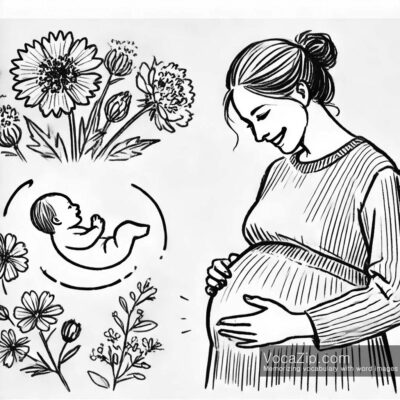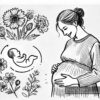anticipation meaning
anticipation :
expectation, excitement
noun
▪ She felt great anticipation before the exam.
▪ She felt great excitement before the exam.
▪ The anticipation of the trip made him happy.
▪ The excitement of the trip made him happy.
paraphrasing
▪ expectation – anticipation
▪ eagerness – excitement
▪ suspense – waiting
▪ hope – expectation

Pronunciation
anticipation [ænˌtɪsɪˈpeɪʃən]
The stress is on the third syllable 'pa', pronounced 'an-tis-i-PAY-shun'.
Common phrases and grammar about anticipation
anticipation - Common meaning
noun
expectation, excitement
Part of Speech Changes for "anticipation"
▪ anticipate (verb) – to expect or predict something
▪ anticipatory (adjective) – relating to anticipation
▪ anticipatorily (adverb) – in an anticipatory manner
▪ anticipation-filled (adjective) – full of anticipation
Common Expressions with "anticipation"
▪ feel anticipation – to feel excited about something
▪ build anticipation – to create excitement
▪ great anticipation – a lot of excitement
▪ meet in anticipation – meet expecting something
Important examples of anticipation in TOEIC
Vocabulary examples from the TOEIC test
In TOEIC vocabulary questions, anticipation is often used to describe feelings about future events.
Example of a confusing word: expectation (belief about the future)
Grammar examples from the TOEIC test
Anticipation is used as a noun to show expectation or excitement before something happens in TOEIC grammar questions.
anticipation
Idioms and fixed expressions in TOEIC
in anticipation of
means 'in expectation of something'
wait in anticipation
means 'to wait eagerly'
Differences between similar words and anticipation
anticipation
,
expectation
differences
anticipation is used to describe the feeling of excitement or eagerness about something that will happen, while expectation refers more to the belief that something will happen.
anticipation
,
eagerness – anticipation
differences
anticipation describes an excited feeling, whereas eagerness can also imply willingness to do something.
Words with the same origin as anticipation
The origin of anticipation
The word's etymology is not clear.
Word structure
The analysis of the word's composition is unclear.
Words with the same origin
The word's root is unclear or difficult to confirm.
Please select an image in the quiz
Previous post and next post


changeable
1697
able to be changed, likely to change
adjective ┃
Views 2






